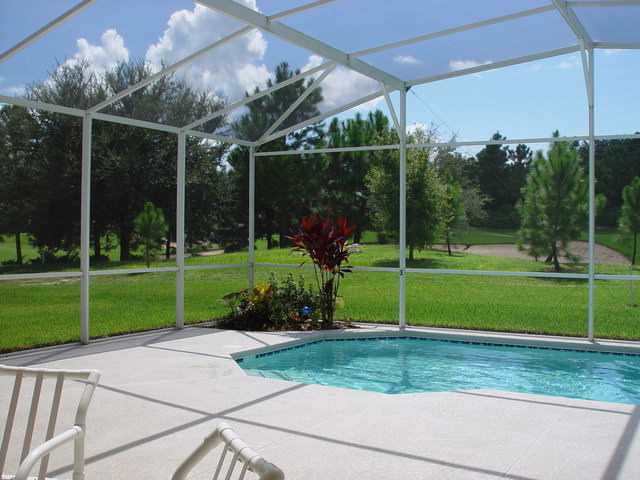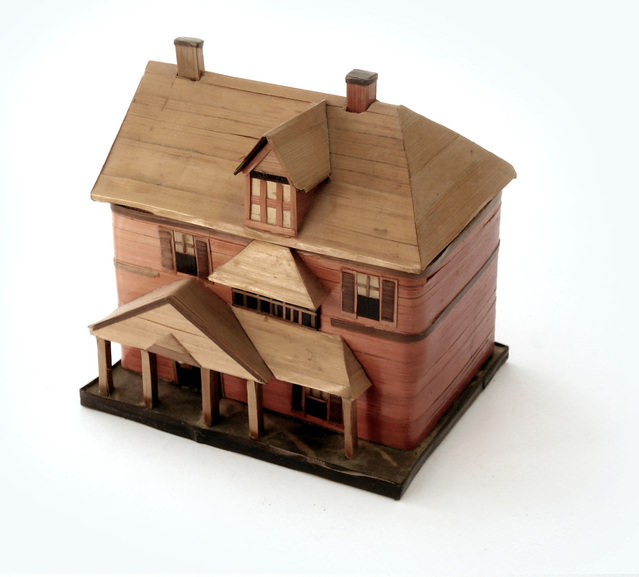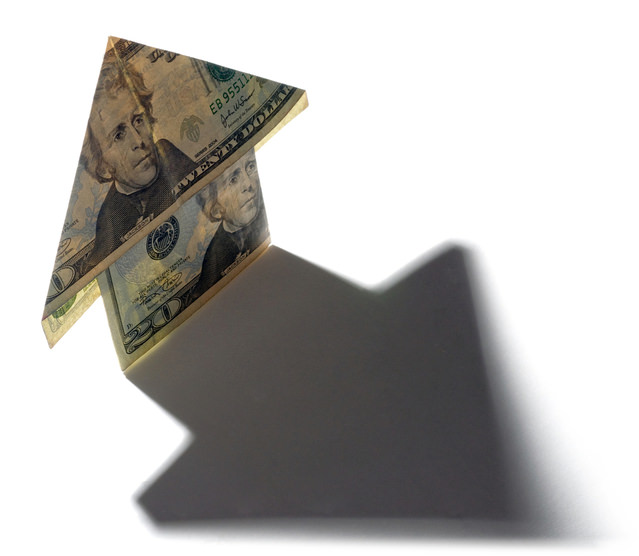Lead poisoning is a serious problem that can lead to adverse health problems. In children, high levels of lead can cause damage to the brain and nervous system, behavioral and learning problems, slow growth, and hearing problems. In adults, lead poisoning can cause reproductive problems, high blood pressure, digestive problems, nerve disorder, memory and concentration problems, and muscle and joint …
Home Buying Tips: Environmental Issues
When purchasing a piece of property, it is important to be aware of any environmental liabilities associated with it. For example, you should find out if there are any registered underground tanks within several miles of the property, known contaminated properties in the neighborhood, or property owners who have been fined by the government for failing to meet environmental safety …
Condominium and PUD Ownership
Builders, in an effort to combat the dual problem of an increasing population and a declining availability of prime land, are increasingly turning to common interest developments (CIDs) as a means to maximize land use and offer homebuyers convenient, affordable housing. The two most common forms of common interest developments in many states are Condominiums and Planned Unit Developments, often …
How Should I Take Ownership of the Property I am Buying?
Real property can be incredibly valuable and the question of how parties can take ownership of their property is important. The form of ownership taken — the vesting of title — will determine who may sign various documents involving the property and future rights of the parties to the transaction. These rights involve such matters as: real property taxes, income …
How to Sell Your House: What is a Short Sale Anyway?
An increase in foreclosure rates will inevitably bring with it an increase in short sales. But what is a short sale? A short sale happens when you sell your house for less than your remaining mortgage balance, the proceeds of which go to the lender and in return the lender forgives the remaining balance. Selling your home as a short …
How to Sell Your House: Setting the Price
The price is the first thing buyers notice about your property. If you set your price too high, then the chance of alienating buyers is higher. You want your house to be taken seriously, and the asking price reflects how serious you are about selling your home. Several factors will contribute to your final decision. First, you should compare your …
How to Sell Your House: Plan of Action
Analyze why you are selling – If you understand your motives, you will be able to better negotiate and to get what it is that you want, whether it be a quick sale, high price, or somewhere in the middle. Prepare your home for the buyer – Maximize the strengths of your property and fix up its weaknesses. You want …
How to Sell Your House: Making a Good First Impression
If you want buyers to be interested in your home, you need to show it in its best light. A good first impression can influence a buyer both emotionally and visually, thus prompting them to make an offer. In addition, what the buyer first sees is what they think of when they consider the asking price. A bad first impression …
How to Sell Your House: Know Why You are Selling
If you know exactly why you are selling then it is easier for you to follow the right plan of action for getting what you want. If you are a seller who needs to close a sale as quickly as possible, then you should know that getting the highest price possible is not one of your priorities. It does not …
How to Sell Your House: Insist on a Home Inspection
A professional home inspection protects both you and the buyer. It allows both you and the buyer the opportunity to learn about the property’s defects. A home inspection usually covers the following: Plumbing conditions – if there is leakage or clogging Roofing conditions – the extent of deterioration, if there is leakage Electrical conditions – if there are inadequate circuits …










